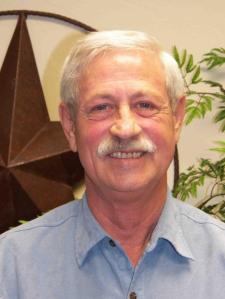Jessica Y. answered • 07/07/22
NYS Level III Teaching Assistant, 8+ Yrs in Progressive Education
I find that unless you are in that situation yourself, it is very hard to understand how a native speaker of two languages really processes language. Each situation is different based on different factors the merit consideration.
What I can share from my own experience, although I was born and raised in New York, my mother-tongue is Spanish—my parents only spoke Spanish and I didn’t start speaking English until I started school. I went to a bilingual school and learned how to read and write in Spanish first, before being taught how to read and write in English. My classes were in both languages, until mid 5th grade, when we moved and my local school didn’t offer bilingual education. From there on, I was immersed in fully English classes all the way to College. I did, however, take Regents and Advance Placement Spanish classes in High School, which continued to refine my Spanish writing skills. All throughout, I have continued to interact with both languages and cultures everyday, and can easily switch from one language to the other, depending on who I am speaking to. As an interpreter, I am able to perform simultaneous interpretation because of this skill. So, am I native in both? I consider myself to be so. When I speak Spanish, other native Spanish speakers think I was born and raised in a Spanish speaking country. When I speak English, they see me and are impressed this “Latina” speaks English so well without an “accent”.
At the end of the day, I just feel privileged to be able to communicate natively in two languages—without counting the other languages I also speak—and that my language skills have opened up so many doors and have allowed me to get to know and share with people of so many different backgrounds!








